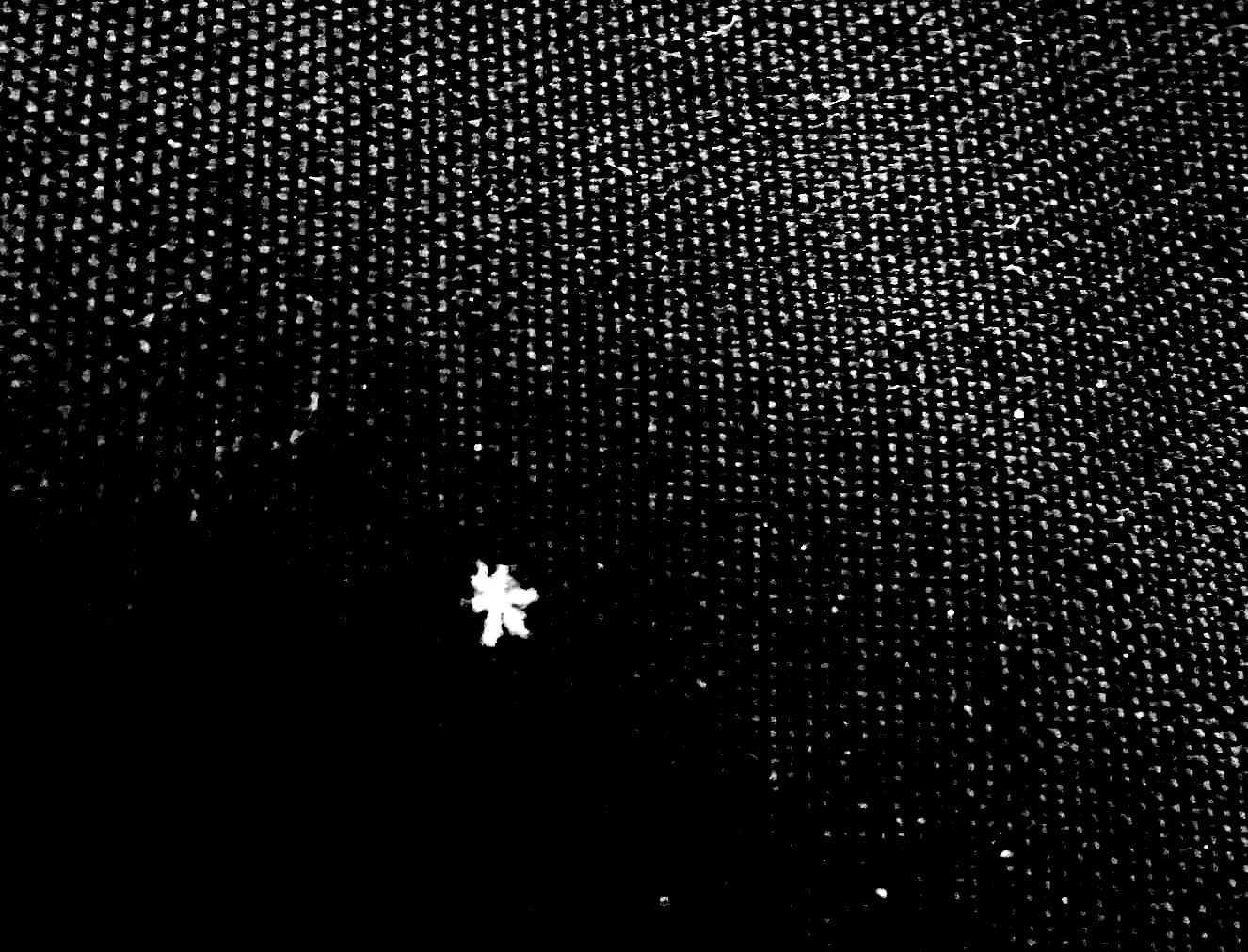Schopenhauer links together suffering and the “will-to-live” and thinks them from out of their togetherness. The “will-to-live” leads to infinite desires and endless striving. An endless desiring/striving that is frequently disrupted, negated, and forced into its failure to be realized.
“At all grades of its phenomenon, from lowest to the highest, the will disposes entirely with an ultimate aim and object. It always strives, because striving is its sole nature, to which no attained goal can put an end. Such striving is therefore incapable of final satisfaction.”
Arthur Schopenhauer, The World as Will and Representation
The will is always confirmed and affirmed because it seduces, it seduces us, yet that toward which it is turned constantly distances itself from us and abandons us in our disrupted and useless confirming of it.
This confirming/disrupting/abandoning always occurs and repeats itself because, according to Schopenhauer, we are a phenomenon of the will, resembling and similar to all the animals and plants, yet exceeding them and thus desiring more, and therefore suffering more.
The will fills us with an infinite striving and an endless desiring, to which there is no end. Yet it can also, only in its knowing of itself, deny itself and block this striving/desiring. This knowing belongs to and can only arise from the human existence itself.
“All life is suffering”
Suffering, for Schopenhauer, belongs to life and always appears when there is life or living. We are held within it and hold its source within ourselves as long as we live. “Suffering is essential to life, therefore does not flow in upon us from outside, but everyone carries around within himself its perennial source”.
Holding the source of suffering within ourselves means that suffering lies at the heart of life and existence and that suffering and pain are not accidental events, but rather essential, primary, and inevitable.
To the heart of existing belongs suffering. We are held within what we hold within ourselves. Neither can one escape the other nor can one live without the other. Happiness occurs, yet it fades away quickly, for it is what links together one suffering with another.
Since we are caught up within that whose source dwells in us, we see and notice the suffering of the other and miserably/happily congratulate ourselves that we have escaped that from which the other was not able to escape. How could this world be “the best of all possible worlds”?
We must, according to Schopenhauer, confirm and acknowledge the suffering lying at the heart of our existence. Only this acknowledging can lead to wisdom, for both we and suffering are always brought and delivered into each other. Thinking must begin from out of this inescapable togetherness.
Suffering is real, inevitable, and continuous; it appears unexpectedly and then disappears only to appear again and surprise us. That which happens between the disappearing and re-appearing of suffering is a short-lived happiness, a short-lived freedom from pain.
Schopenhauer does not oppose suffering to happiness and does not place them over against each other as equals. Suffering is continuous and fundamental, but happiness is the discontinuity linking together every suffering with another. Happiness is nothing but a distance taking place as a short-lived break, rendering continuous pain and suffering.
Life is another word for suffering, or suffering means life. The human existence, according to Schopenhauer, confirms this making equal of life and pain. That is, to the human condition belongs miseries and woes. There is nothing but wars, battlefields, exploitations, meanness, heartlessness, hatred, envy, injustice, racism, discrimination, infinitely.
Suffering and desiring
Suffering occurs when the will, taking place as infinite striving/desiring, is held back in its failure to reach that toward which it is turned. Suffering is the failure to realize that to which striving/desiring is directed. That is, suffering happens when there is an obstruction blocking and making impossible any progress toward a goal.
Happiness, on the other hand, occurs when a goal is reached and realized. Yet happiness fades away soon and quickly, for it is nothing but the beginning of a new striving/desiring: “Thus that there is no ultimate aim of striving means that there is no measure or end of suffering”. There is no escape from suffering.
Suffering and knowing
Human existence feels suffering the most because, unlike and more than any other animal, it has the ability to obtain knowledge and to know. Schopenhauer links together knowing and pain and says that knowledge increases and intensifies pain and suffering.
Knowing brings with it suffering, for it makes understandable, and it is only in this understanding that the ugly in existence shines and renders itself known. Even knowing that there exists suffering in the animal world brings about more pain and suffering, for it makes apparent that there is no escaping and that “all life is suffering”.
Suffering and death
Life takes place as a deferring of death, a postponing of the inevitable. Life is a death prevented and delayed. Death threatens and destabilizes human existence, makes it suffer, and causes it pain.
Suffering here occurs because the human existence, in its waiting for death and in its attempts at deferring it, endeavors to preserve itself. This preserving happens as a struggle. The place of this struggle is the body whose nourishing is seen as an attempt at postponing death. This is why Schopenhauer calls this will the “will-to-live”.
For more articles on existentialism, read Sartre on Anguish: “We are anguish” or Fyodor Dostoyevsky’s Existentialism: What does it mean to be a self?

